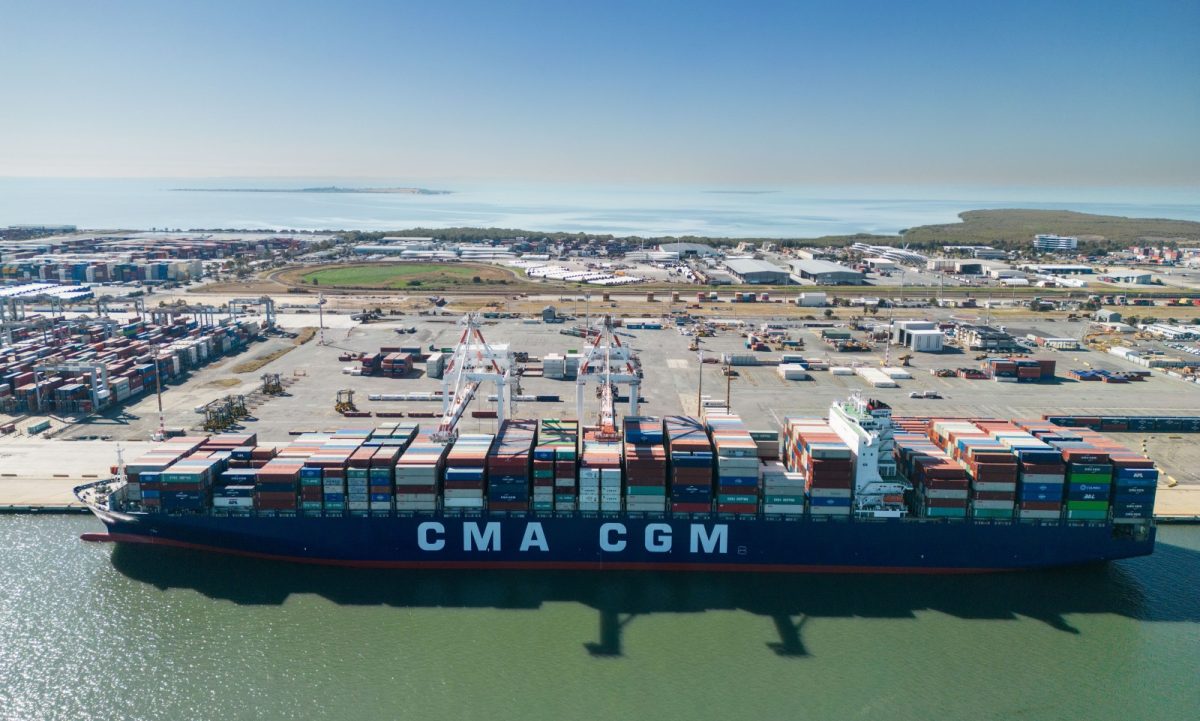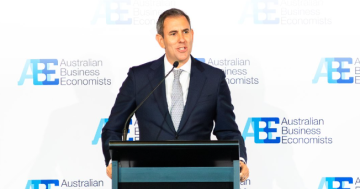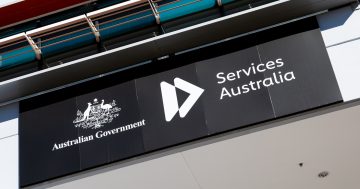
The nuisance tariffs are deemed to cost more in administration and compliance than the revenue they raise. Photo: DP World.
Almost 500 ‘nuisance’ tariffs which raise little in the way of revenue but cost more in compliance and red tape will be abolished from 1 July.
Treasurer Jim Chalmers announced the abolition of the tariffs on a number of imported goods ranging from toothbrushes and menstrual and sanitary products to roller coasters and dodgem cars that collectively comprise about 14 per cent of Australia’s total tariffs.
He said Australian industry was not protected by the five per cent tariffs imposed on these goods, but importers, retailers and the trade authorities had to bear the cost of ensuring their compliance.
He said the reforms would be an important step towards simplifying Australia’s trading system and removing compliance costs for business, particularly small-to-medium enterprises.
After successive bilateral and multi-lateral trade agreements, most goods are now imported duty‑free. This means businesses are forced to spend time and money proving their imports are eligible for existing tariff preferences and concessions, a compliance cost they often pass on to consumers.
The government says removing the tariffs will streamline about $8.5 billion worth of annual trade and save business more than $30 million in compliance costs each year.
Some of the products affected include washing machines, fridge‑freezers, tyres for agricultural vehicles, protective footwear, X‑ray film, chamois leather, pyjamas, fishing reels, ballpoint pens, toasters, electric blankets and bamboo chopsticks.
The tariffs identified have been selected because their abolition will deliver benefits for businesses without adversely impacting Australian industries or constraining Australia in any sensitive free trade agreement negotiations. A full list of the products affected is expected to be available around budget time.
Public consultation on the proposed initial reforms is now open, and submissions can be made on the Treasury website until 1 April.
Mr Chalmers said that abolishing the import tariffs would reduce red tape, boost productivity, ease the burden on small businesses and help to cut the cost of doing business.
“This is meaningful economic reform that will deliver meaningful benefits to businesses of all sizes around Australia,” he said.
“These tariffs impose a regulatory burden on Australian businesses and raise the costs of imported goods but they do little to protect our workers and businesses because they apply to goods that are mostly already eligible for duty‑free importation.
“Tariff reform will also provide a small amount of extra help with the cost-of-living challenge by making everyday items such as toothbrushes, tools, fridges, dishwashers and clothing just a little bit cheaper,” he added.
“These tariff reforms will be better for businesses, better for consumers and better for the economy.”
Minister for Trade and Tourism Don Farrell added, “With one in four Australian jobs trade‑related, and 27 per cent of Australia’s economic output supported by trade, the importance of trade to Australia’s national wellbeing cannot be overstated.
“Trade that is simple, fast, and cost‑effective can boost Australia’s international competitiveness, help create jobs, and reduce cost of living pressures.”
The Australian Retailers Association (ARA) welcomed the reforms, saying it is a step in the right direction to reduce unnecessary red tape and improve costs for business and consumers.
ARA CEO Paul Zahra said every little bit helped when it came to reducing the cost of doing business for retailers.
“We are pleased to see some initiatives aimed at business in the Treasurer’s pre-budget announcement,” he said. “The ARA has been a strong advocate for reduced import levies and reduced red tape for business.
“Whilst this tariff reduction will provide only modest cost relief for retailers, the simplified system will eventually have a flow-on benefit to business productivity – a critical issue this year whilst retailers aim to get back on their feet.
“We look forward to the full details being revealed in May,” he added.
“With interest rate pressures having a lag effect, we know that households and retailers are feeling the biggest spending crunch right now. The cost of doing business remains at an all-time high for retailers – from energy, leasing and wages costs to continued supply chain pressures.”
Original Article published by Andrew McLaughlin on Riotact.











